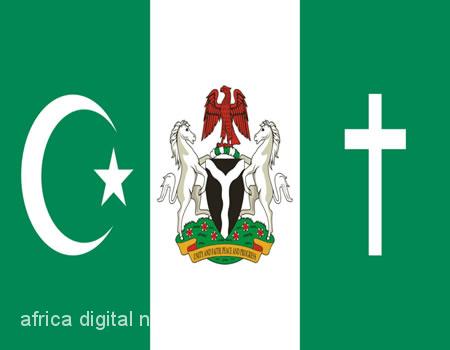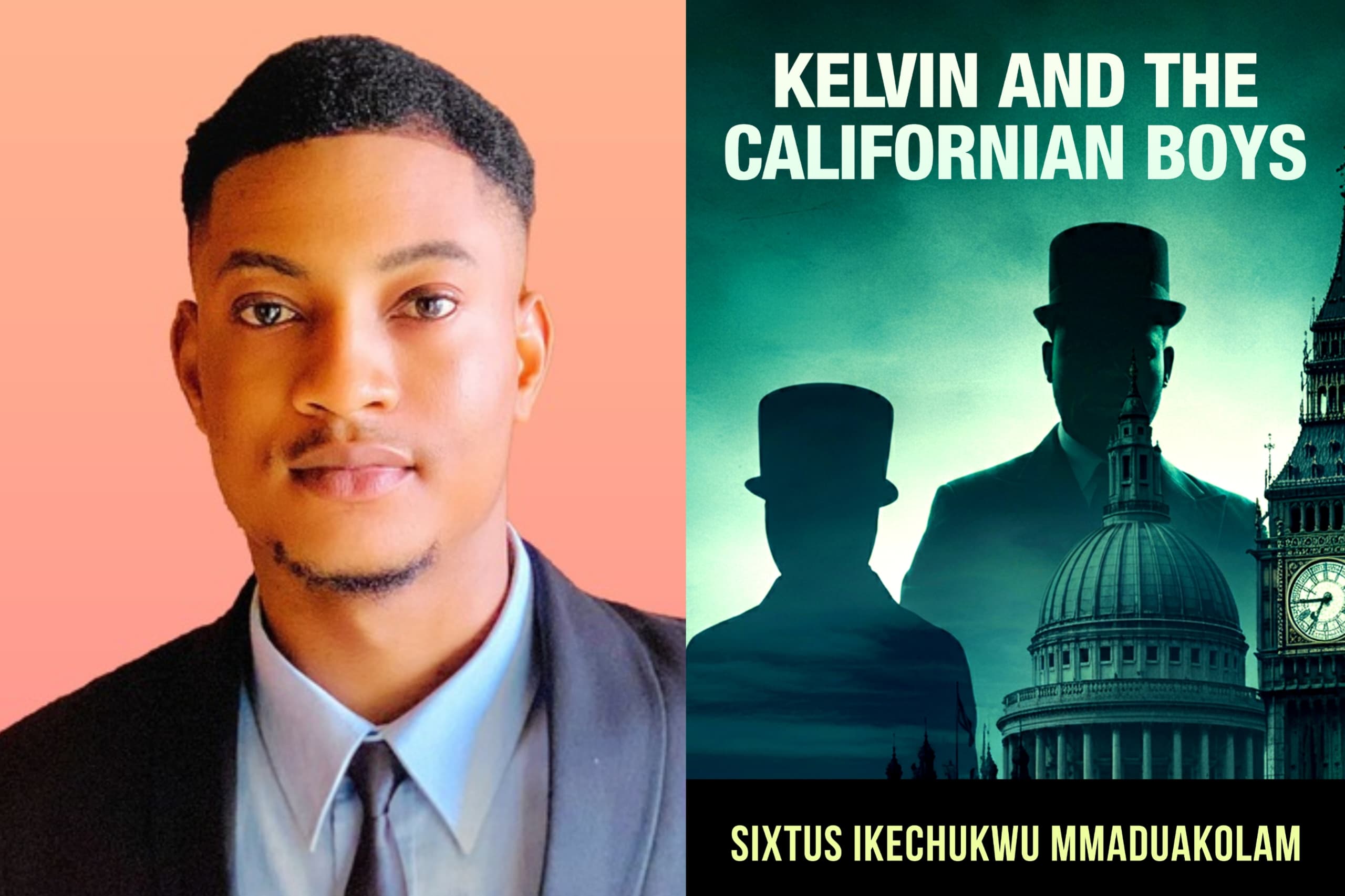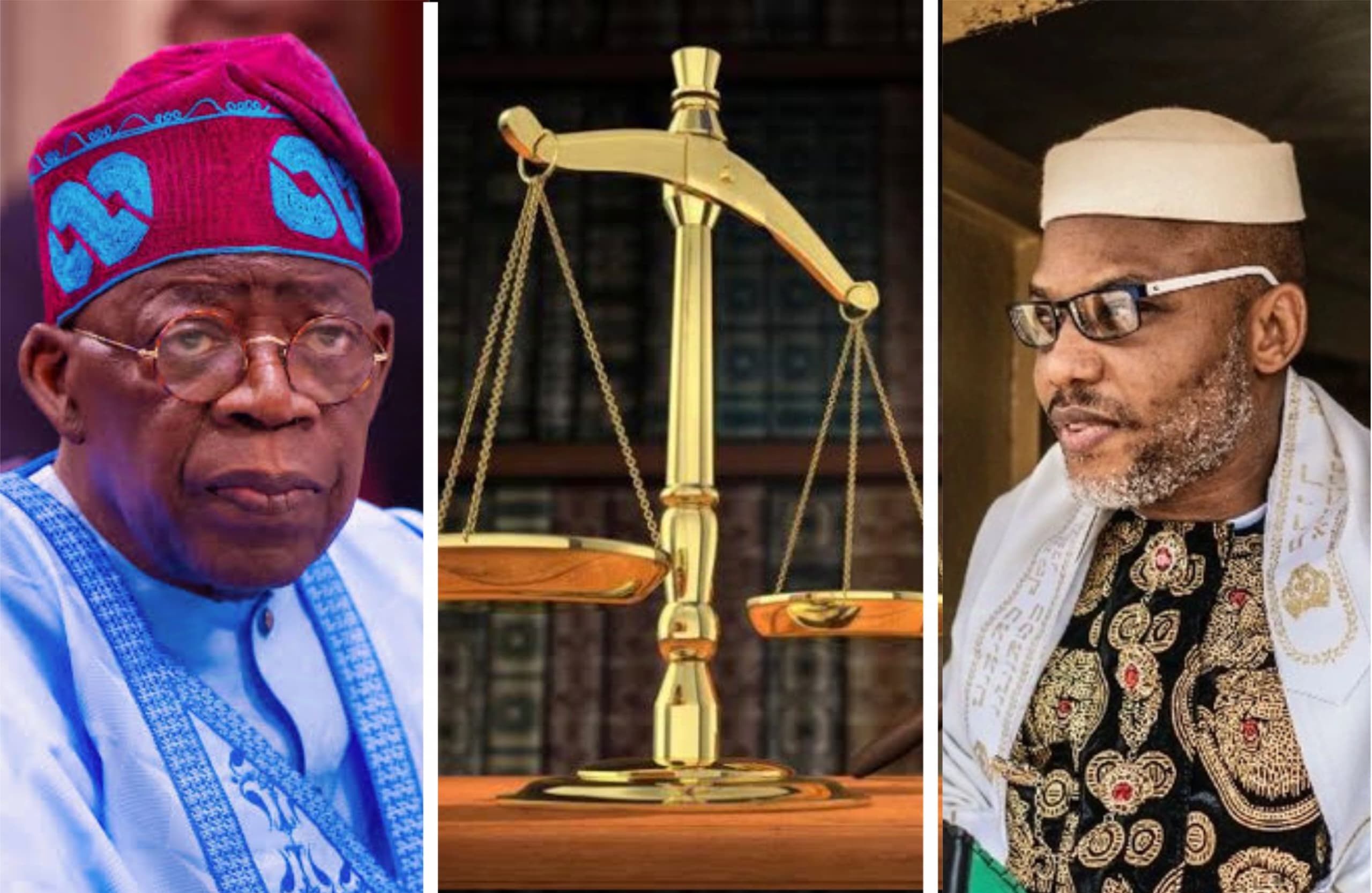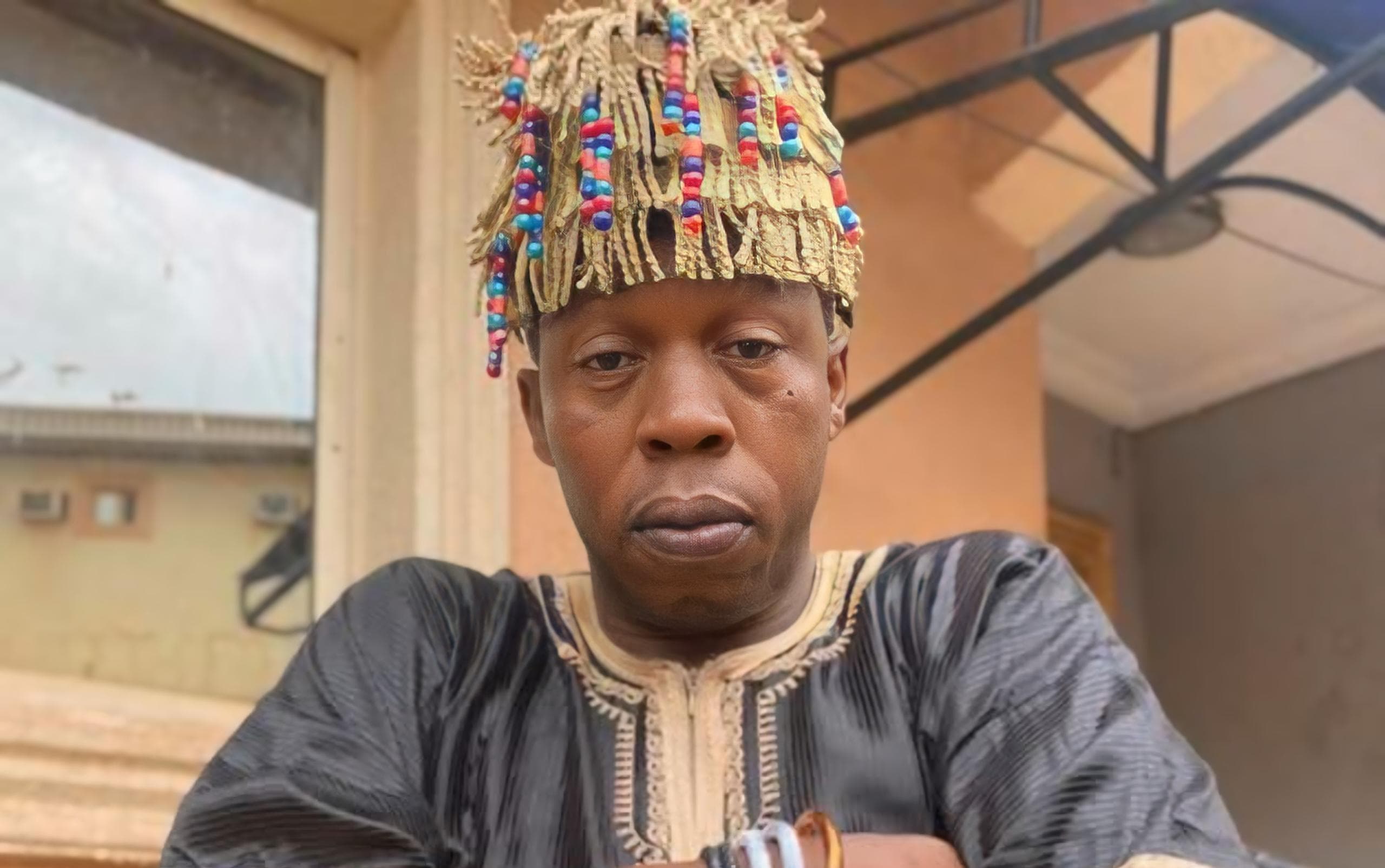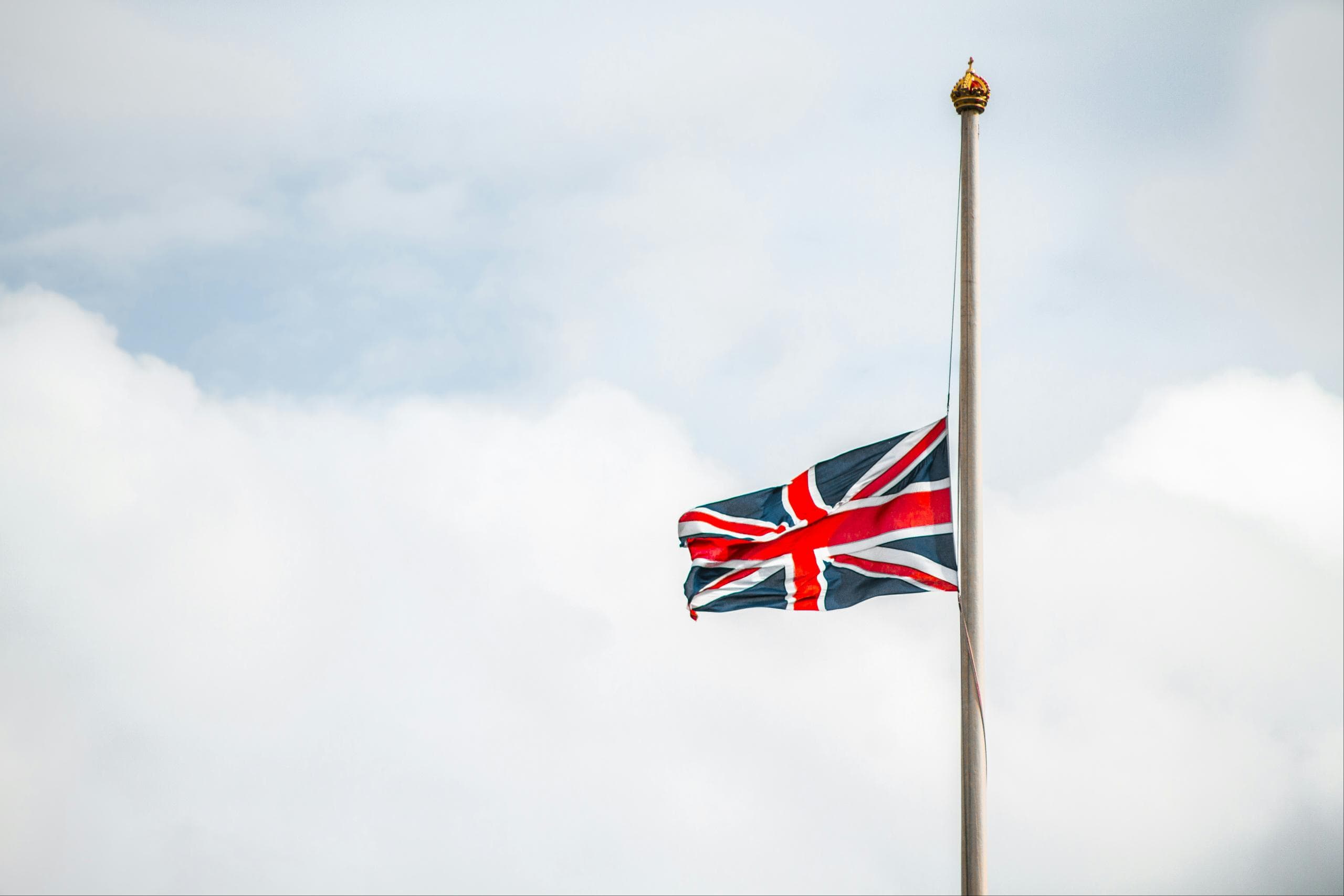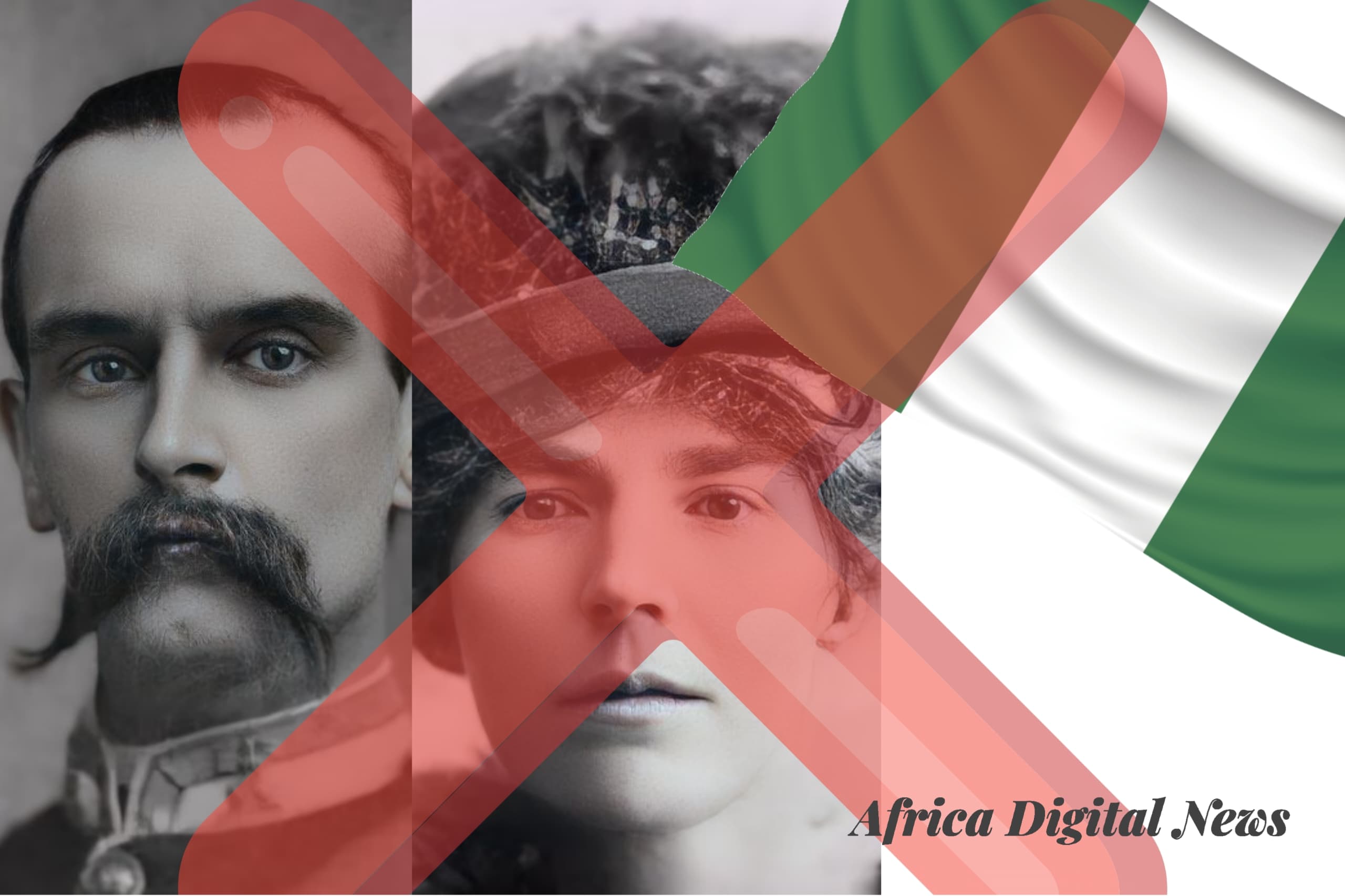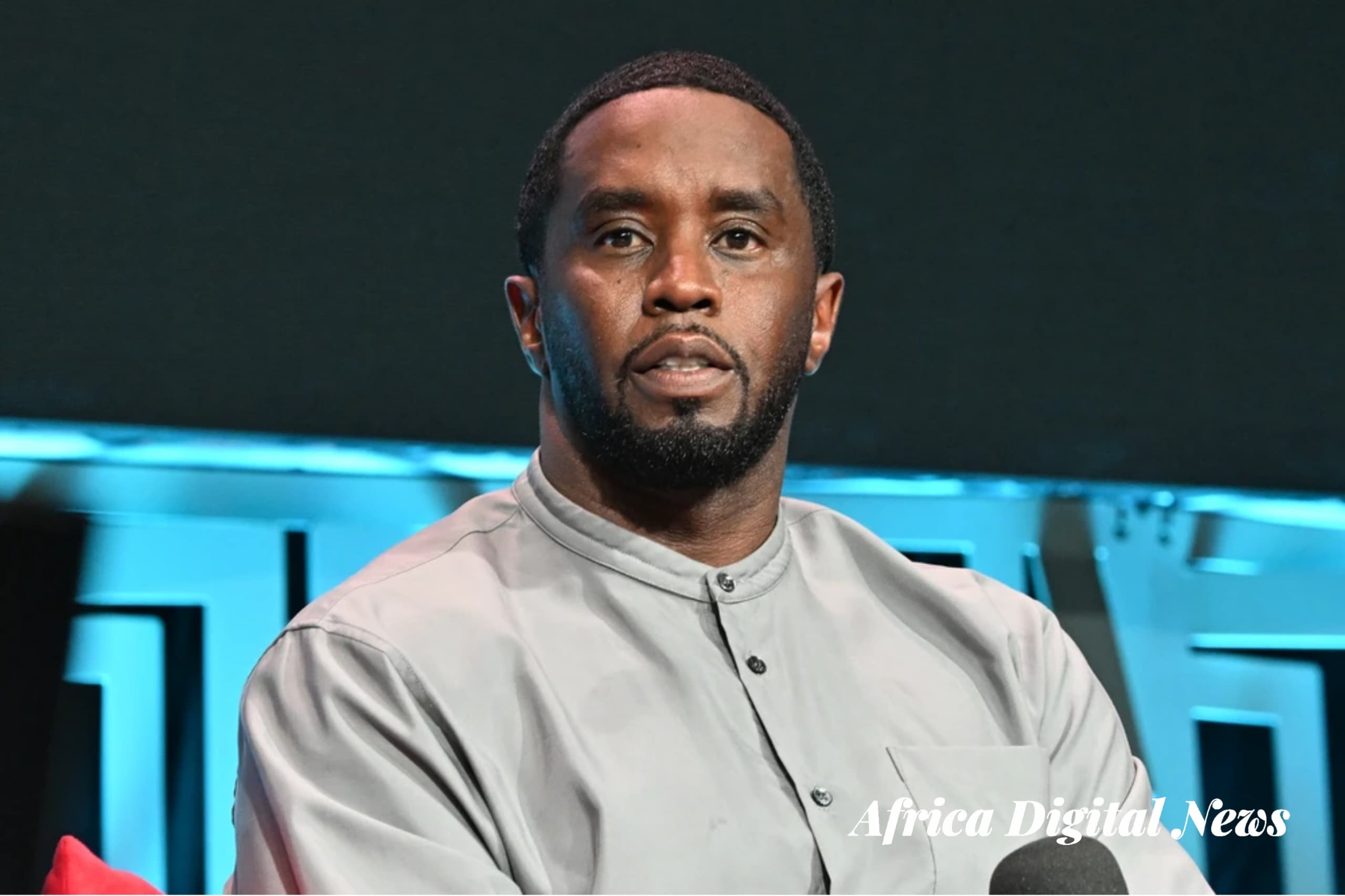It has been over a century since the geographical expression called Nigeria was birthed. But sadly, it is almost impossible to pinpoint the course of development or direction it has crafted for itself to follow. Despite living for more than six decades as an independent country, Nigerians have not been able to enjoy Nigeria as it is supposed to be.
From its inception till date, Nigeria has hardly enjoyed internal peace having been faced with perennial crises of state or territorial legitimacy, all of which have remained heavy stumbling blocks as far as its effort at national cohesion, stability, democratisation, development, and economic transformation are concerned.
Painfully, as hydra-headed as these problems appear to get, successive Nigerian leaders have failed to properly situate the sources of these challenges, hence troubleshooting or finding solutions have remained illusory.
However, any curious person who has been able to carefully observe the Nigerian polity will ultimately come to the realisation that one of the deeply rooted social disorders actively inciting these troubles is the big monster called ‘Religion’. This has formed very big clogs along the wheels of development in Nigeria and has left the country perpetually on its knees.
It is an absolute truism that the relationship between society and religion all over the world has always been inseparable and quite symbiotic, and quite frankly, it holds sway over the essence of human existence in many climes. Essentially, every human being is a religious being and this is something only nature can provide answers for. However, when one becomes a religious fanatic, it becomes a fresh problem and this is what Nigerians must clearly understand.
Read Also: 2023: Bola Ahmed Tinubu Has Nothing To Offer Nigeria
To set this straight and simple, over a century ago, Nigeria adopted two foreign religions which from every indication are diametrically opposed to each other. The Gods worshiped by the followers of these religions are mutually exclusive and not in agreement with the dictates of the other and the implication of this is that any adherent of these two religions who crosses the lines of fanaticism is perpetually wired to constantly stir up ethnoreligious conflicts in the name of the Gods in question. And the sad truth here is that most religious Nigerians are fanatics. So how can two separate entities agree to work together if they do not seem to have a middle ground or an agreement?
Over the years, religious harmony has remained an elusive phenomenon in Nigeria and this has continued to leave deep scars on the Nigerian developmental fabric. The economic, political, and social environment of Nigeria which are essentially the indices for national development has been hampered by religious strife and animosity.
The fatalism imbibed in these organised religions which are fraudulent, by the way, has spearheaded the evolution of a culture of blaming third parties for one’s misfortunes. This culture is alien to the cultures of contemporary African societies but it has come to stay. Due to the consequences of religion, many Christians and Muslims will rather blame the imaginary Devil or perhaps his agents for events that were orchestrated by their actions and inactions. Rather than accept responsibility for mistakes and failures to aid the drive to solve the problems, ‘God’ is called upon to come into the picture to solve a problem he didn’t create. When Nigerians go through challenges and fail to obtain ‘God’s’ solutions, they resort to taking solace in some utopian Heaven dismissing their current ephemeral constituency in the process. This is the reason rather than frontally confront governments at all levels in Nigeria to provide solutions to a myriad of challenges confronting the country, many Nigerians will prefer to accept the challenges as the ‘will of God’, who has ostensibly prepared a better place for them in ‘Heaven’ which will become theirs when they die.
Regardless of how one chooses to look at it, it will only require the tiniest dint of sincerity to agree that in the Marxist view of it, religion is indeed the opium of the Nigerian masses.
A closer squint at it, it will be clear that religion in the country is just a phenomenon used to represent a cynosure of socio-political strife and social-cum-national disintegration.
Sadly, Nigerians are still where they are at the moment. Organised religion was unleashed on them by their Western Colonialists who despite being overtly religious today have abandoned fanaticism for them after centuries of well-stoked religious conflicts, stagnation and diseases. Most of them have gone on to embrace science and technology and are advancing rapidly while Nigerian and her likes continue to play the painful catch-up game while carrying the heavy yoke of religious fanaticism. Many Nigerians have failed to realise that the way it is naturally wired, religion does not encourage or breed critical thinking because, rather than follow logic, religion prefers to rely on superstition and sentiments. Development can never thrive in a country when this is the common standard.
The average Nigerian today loves these foreign religions so much that any admonishment on them to do otherwise is labelled and ostracised. Nigerians have now developed a global reputation for shameful religious zealousness and at every point in time, they are always ready to export to other parts of the world who even got the message before them. This zealousness is the reason why a vast majority of Nigerians especially those from the North are always brutal in their opposition to any call to separate state and religion. This is why many of them will prefer losing their lives while defending theocracy (e.g. Sharia). Nigerian religious fanatics both Christians and Muslims alike are constantly making efforts to have a chance to impose an expansionist system of government anchored on theocracy on secular states without even any sort of a referendum.
Development has eluded Nigerians because it has remained a house divided against itself which cannot stand regardless of the magic wand one has. The mere mention of ‘Nigeria’ conjures up images of wars, darkness, diseases, and hunger in the civilised world. This reality will hurt many Nigerians but rather than put on their thinking caps, they will revert to plodding along, praying and fasting to ‘God’ for a miraculous solution to their problems. This is the cycle Nigeria has been oscillating around for centuries without any meaningful headway.
The truth is that every organised religion is fraud, it was simply created for exploitative tendencies by the elitist class to perpetually keep the poor loyal, and in servitude while deceiving them with a hope of life abundance in ‘Paradise’ after their sojourn on Earth.
These marauders make it appear as a phenomenon that gives people hope which essentially could be needed in several situations but sadly in reality, it’s nothing short of delusion.
In Nigeria, it is the primary source of mental laziness among Nigerians. It is a tool for mental enslavement which was potent for colonial masters. How can any sane individual expect development to happen in Nigeria tertiary institutions?
Nigeria has become a place that grooms more religious zealots than it grooms big thinkers. Where will the development come from?
Finally, Nigeria’s problem is religion and its negative influences can never be fully appreciated or grasped. Except Nigeria can unite and rise above all kinds of self-inflicted bigotry and hate orchestrated by organised religion, there is no hope in sight as the country will remain backward for a long time. Nigeria will only begin to experience fast and real and measurable national development if it can come up with ideals and values that are systematically imbued with a sense of worth and patriotism as first being a Nigerian rather than any religious sympathy like she currently does. If this is not done, Nigeria will continue to breed religious fanatics who will be ever ready to sell their religious opium to provide failed solutions to the pain, complete hopelessness, and frustration of her citizens. Nigeria can be great but only Nigerians can decide that.

